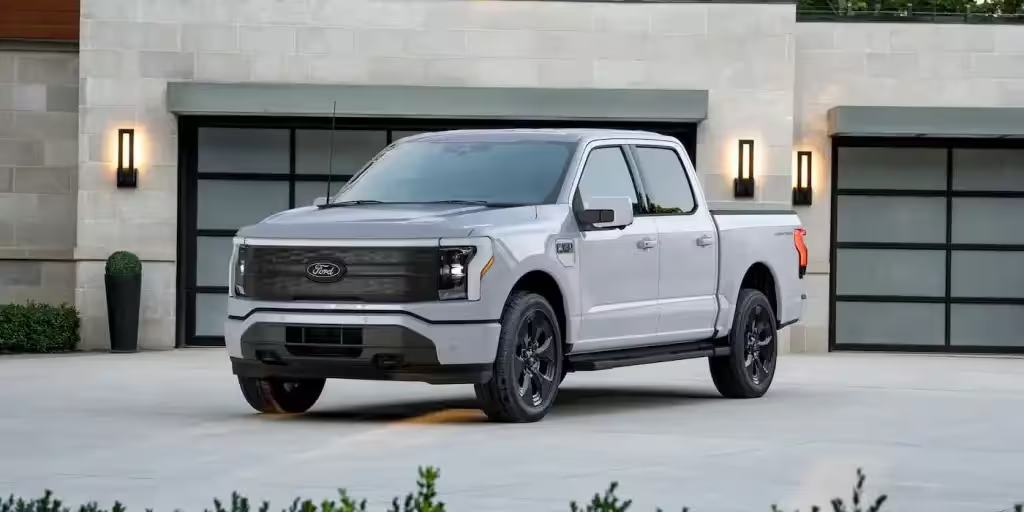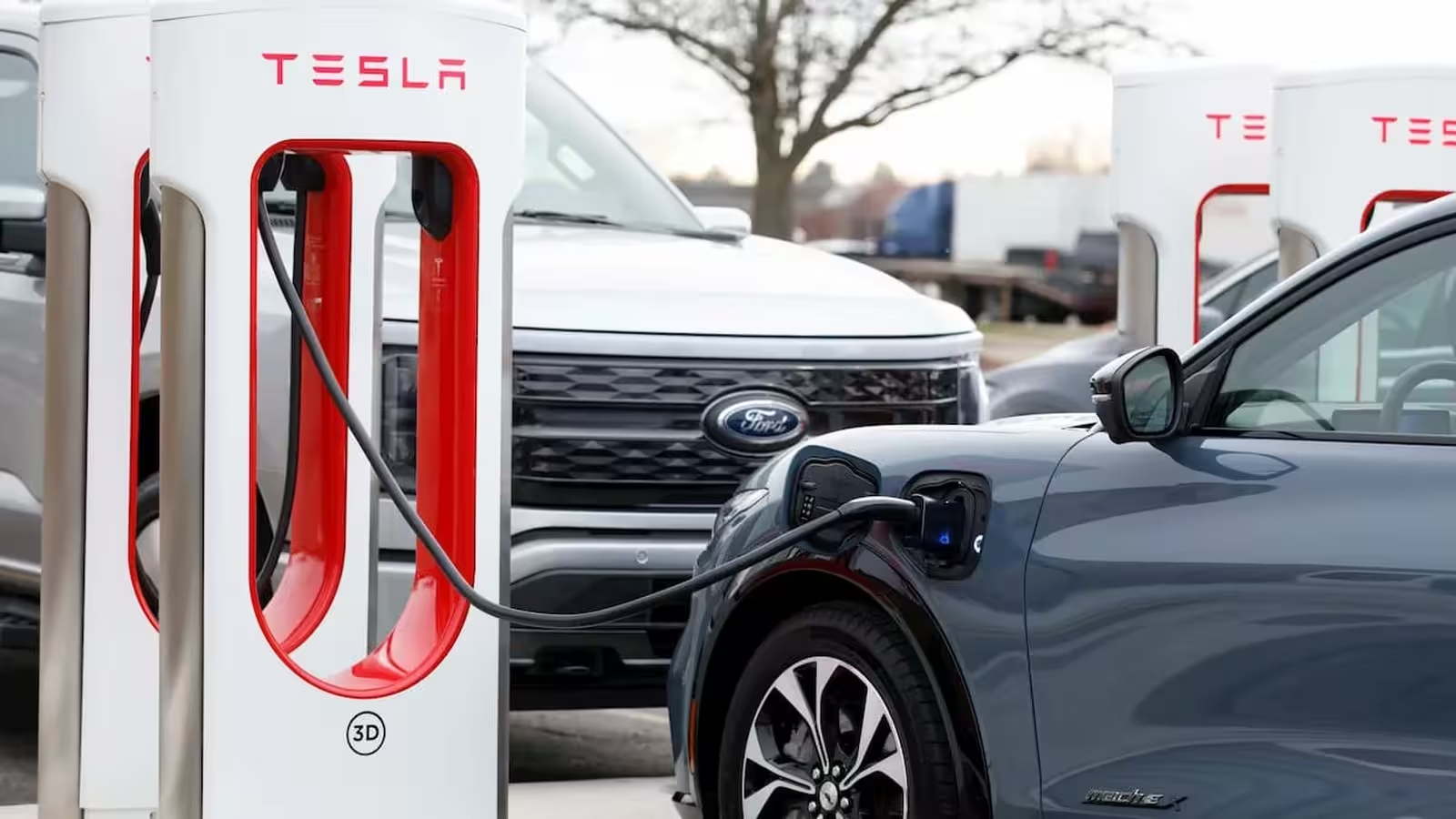3 Minutes
Ford Sets Its Sights on China's Electric Vehicle Market
The electric vehicle (EV) revolution is picking up pace globally, with Chinese automakers setting the benchmark for affordable, high-tech EVs. In response, Ford Motor Company has announced major strides in developing a new cost-effective EV platform designed to compete directly with China's top electric vehicle manufacturers.
Engineering an Affordable EV Platform
Ford’s bold push into the affordable EV segment is spearheaded by a dedicated “skunkworks” engineering team, which has grown to include around 500 seasoned experts from leading automotive and tech companies such as Tesla, Rivian, Lucid, and Apple. Led by veteran engineer Alan Clarke, formerly with Tesla, the team is focused on creating a platform capable of rivaling the lowest production costs in the industry.
Jim Farley, Ford’s CEO, emphasized on an earnings call that, “Our ultimate competition is going to be affordable Teslas and the leading Chinese OEMs.” Ford is systematically benchmarking every aspect of its new EVs to global competitors—particularly those from China—ensuring it matches their cost structures and technological capabilities.
Production and Battery Technology
The cornerstone of Ford’s new EV lineup will be prismatic Lithium Iron Phosphate (LFP) batteries—known for their safety, longevity, and affordability. Ford will utilize technology licensed from CATL, China’s top EV battery supplier, and manufacture these batteries at a state-of-the-art $3 billion facility in Michigan. This local production move is key to managing costs and enhancing supply chain control, though Ford expects approximately $700 million in federal tax incentives to help offset the investment.

Diverse Lineup and Global Ambitions
Ford’s flexible low-cost EV platform will accommodate eight distinct body styles, ranging from trucks and crossover SUVs to possible sedans. The first model slated for launch will be a midsize electric pickup, expected to draw inspiration from the Ford Ranger’s renowned design—a strategic move targeting both North American and international markets.
Lisa Drake, Ford’s vice president of tech platform programs and EV systems, confirmed the company is determined to match the system-wide manufacturing cost of leading Chinese EVs, not just in battery expense but also in chassis, thermal systems, inverters, and electronics. With broad global applicability, this platform is intended to serve as the foundation for Ford’s EV strategy through much of the next decade.
Performance, Design, and Market Positioning
The midsize electric pickup will likely combine the rugged performance Ford pickups are known for with efficient, advanced EV technology. The platform’s versatility allows Ford to tailor performance and specifications for regional preferences—whether that means sporty crossovers for Europe, workhorse pickups for the U.S., or compact sedans for Asia. Ford’s focus will be on achieving competitive range, rapid charging times, robust safety features, and modern connectivity—key selling points for value-focused EV buyers worldwide.
Challenges and Competitive Landscape
While Ford’s ambitions are clear, challenges remain. Shifts in U.S. policy, such as potential cuts to clean energy incentives, could affect the economics of domestic EV production. Meanwhile, Chinese brands like BYD and Xiaomi have set a fast pace for innovation and international expansion. Notably, Ford’s own CEO, after test driving the Xiaomi SU7, praised it as “fantastic,” noting China’s advanced EV offerings.
Ford vs. China: The Road Ahead
The real test will be whether Ford’s affordable EVs can match the value, technology, and scale that Chinese automakers deliver—and if they can establish new benchmarks in markets where price and innovation drive consumer choice. As global competition intensifies, Ford’s new low-cost EV platform represents a determined effort to remain a key player in the era of electric mobility.
Source: electrek



Comments